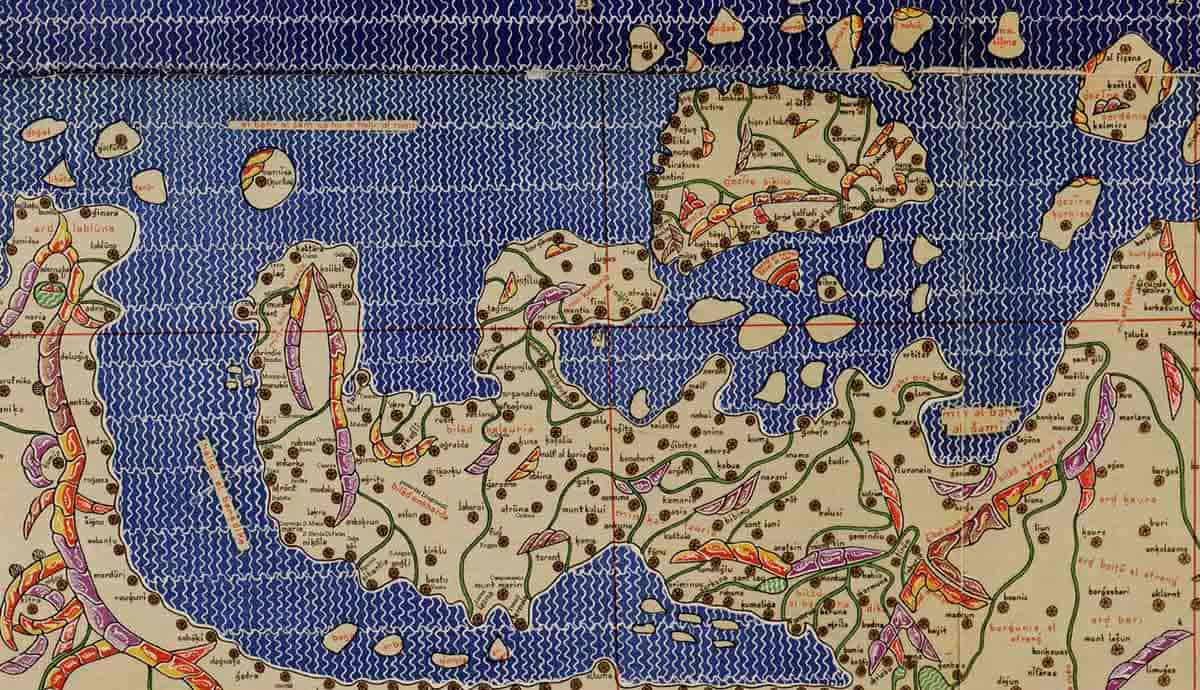What Made French Lingua Franca for Over Three Centuries
This Western languages rise started in the 18th century, reflecting Frances central position as the most powerful and centralized country. French culture also became emulated in other European courts. The rise coincided with King Louis XIVs reign, beginning around 1643. His court at Versailles was seen as the height of sophistication. For the aristocracy, French emerged as the language of refinement.Frenchs international lingua franca also emerged from international treaties and a colonial empire. The 1713 Treaty of Utrecht, which settled the War of the Spanish Succession and was written in French, is the first example. Next, as France expanded across the globe during the late 18th and 19th centuries, the languages popularity grew. This wouldnt change for decades.Representing Frances Political Power and PrestigeWorld Map Showing French-Speaking Countries. Source: WikimediaFrances political, cultural, and intellectual rise began in the 1600s. The infamous Cardinal Richelieu, under King Louis XIII, eliminated internal foes and centralized the government. Louis XIV (1643-1715) went further (I am the state), establishing Versailles as a cultural hotspot. He sponsored all manner of programs in art, culture, and science.Louis XIVs France participated in at least three aggressive and several smaller campaigns. Despite some setbacks, France came out as Europes dominant power. Negotiated in French, the treaties made it the premier international language.The standing of Latin and Spanish waned as France became the international lingua franca. Latin, as a functionally extinct language, became viewed as antiquated. Spanish was considered a Habsburg and an imperial influence. Next, add in Frances cultural influence, and French popularity only grew.French, Prestige, and The EnlightenmentVersailles Photocrom Print 1870. Source: Central Institute for Art History, GermanyLuckily for the French language, the Enlightenment roughly spanned 1688 to the end of the Napoleonic Wars (1815). The Enlightenment, resulting from the earlier Scientific Revolution, proved a boon for French. By 1700, French was the preferred language across Europe. A Russian noble, an Ottoman diplomat, or an English ambassador all learned to speak fluent French.Many famous French thinkers, like Descartes, Montesquieu, and Voltaire, became known across Europe. Topics they took included human nature, reason, and liberty. French was now the language of debate. These debates often took place in noble salons or spaces where gossip, debate, and knowledge exchange occurred. And, of course, primarily spoken in French.A unique advantage French possessed came from the Acadmie Franaise, founded in 1635. This body codified French grammar and kept French pure. The Acadmie avoided unreasonably complex or lengthy sentences, preferring clarity. It promoted logical, concise sentences. Though more complicated than other languages, it avoided inconsistencies. German, for example, had little standardization, contained many regional dialects, and was harder to learn.18th Century Voltaire Portrait. Source: Library of CongressFrenchs prestige only grew across Europe. Whether by a cultural wave or emulation, the language became the standard for elegance and taste. Monarchs and nobles hired French tutors, read French books, or adopted French fashions. Elite schools also taught French, making it a common language among the nobility or ruling class.The Colonial and International Reach1856 Congress of Paris (Treaty) Ending the Crimean War. Source: Chateau De VersaillesFrance, like most of Europe, acquired colonies in Africa, the New World, and Asia. Naturally, the French imposed their own language. A French-speaking administrative and upper class emerged, like in Vietnam or Senegal. In other places, such as Haiti and Runion (in the Pacific Ocean), French became the dominant language through colonial rule and assimilation.International relations and negotiations reinforced Frenchs diplomatic hold into the 20th century. Already used for European treaties, numerous international treaties were written in French. Significant examples included the Convention of 1800 between the U.S. and France and the 1856 Treaty of Paris, which ended the Crimean War.A Prestigious Decline and Present StatusFrances Seat on the UN Security Council. Source: UN.orgThe 1918 Allied victory ended the Great War. Yet this victory weakened the French languages position. Americas gradual rise as a world power and equal partner slowly tilted the lingua franca to English. For example, the victors drafted the 1919 Treaty of Versailles in French, the enduring dominant diplomatic language. But it was also written in English.The interwar years saw Frenchs further displacement as Americas cultural, diplomatic, and economic power advanced. World War II saw Englishs almost complete replacement of French as the worlds lingua franca. The 1945 founding of the United Nations placed English alongside French (and four others) as an official language.Today, French remains an important language and still boasts 321 million speakers. Organizations like the International Court, NATO, and the European Union list French. And, for legal use, few match Frenchs nuance and precision.


